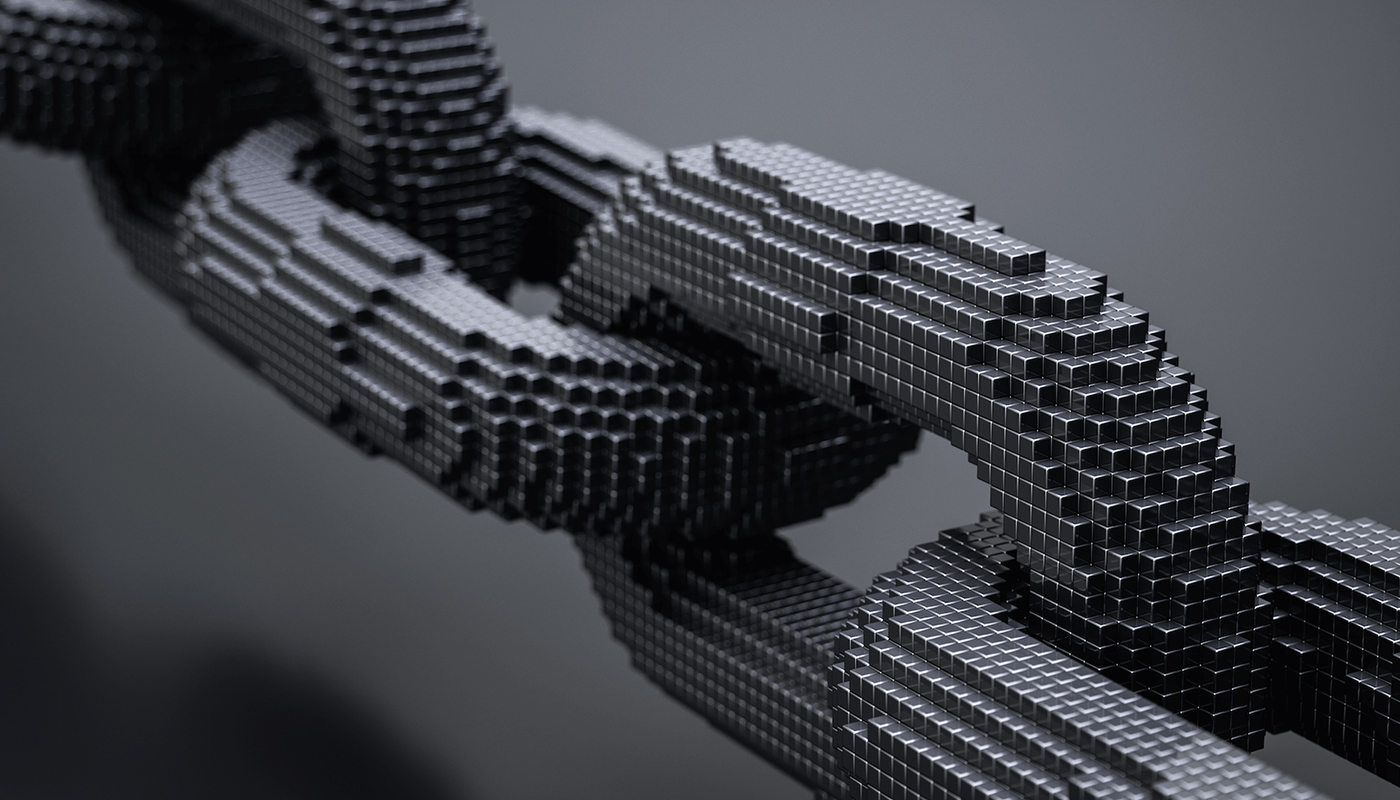26th February 2018
Amazon is on the hunt for a second HQ. Why isn’t Dublin on the list?
By Cianán Clancy
Over the last ten years we have seen a dramatic shift of economic and financial power from West to East. The new Chinese
Silk Road being built, a new road and rail network, will position China as an even greater world economic super
power. To that end, China is also pioneering new business models which maximise profit. Volvo, the iconic Swedish
brand now owned by the Chinese conglomerate Geely, already constructs the Volvo S60 in China and with the Silk
Road will be able to deliver the car to Europe is less than 4 days by train, outpacing any time advantage once
held by European-made cars. The Volvo XC40, the compact SUV model, will also be built in China but critically
worldwide buyers will not only be able to buy the car but lease the car for a fixed monthly amount, with all
costs included. The fee will includes services and car insurance underwritten by the world’s largest Chinese
insurance company.
What is interesting about the Chinese Silk Road is that the countries through which it travels are would not
be classified as democratic nations. They are increasingly one party nations like Russia, Iran, Pakistan, etc..
The once-held assumption that economic growth requires democracy is being challenged.
Across the Atlantic, America has hung its economic prosperity on being the innovative powerhouse, creating
an environment for new firms and industries to grow and helping to create economic giants like Facebook, Google
and AirBNB. But as the Irish economist David Mc Williams has stated, the new Silk Road will potentially pull
the global economy away from an American-centic one. The new Chinese Silk Road when will ‘cover 60 per cent
of the world’s population, 45 per cent of the world’s GDP and, crucially, 75 per cent of the world’s proven
resources.[link]’
Europe's funding environment although getting better has hindered the development of rival firms, allowing
companies like Facebook, Google etc to reap huge profits from European citizens. No region has the right to
be rich and the next war is the war for prosperity. Over the next decade machine learning and AI will be become
the world's next economic battleground.
Vast swaths of the economy will become autonomous and many jobs will be eliminated. So how can Europe compete?
I strongly believe the future of European digital business is decentralisation. Ethereum’s founder, Vitalik
Buterin has mentioned that the combined worth of cryptocurrency is now over 500 billion but he questions us
as a community what we have actually achieved. Wealth creation for the sake of wealth creation is no one’s
original vision. We as the community must not just create wealth for ourselves but for the world as a whole.
We must try to leave the world a better place for future generations.
Importantly, we must use the power of cryptocurrency and decentralisation for good. We could take one sector,
for example, perhaps the huge sector of autonomous cars, particularly in relation to the future of public transport,
like taxis.. If we map that sector out 20 or 30 years, it could well be that the entire value chain is dominated
by one company like Uber. Uber was reported as placing a €10 billion order for Mercedes Benz S Classes.
http://www.roadandtrack.com/car-culture/news/a28508/uber-orders-100000-mercedes-benz-s-class-sedans-report/
However, if we take a step back and look at what decentralising and the blockchain could mean for the sector,
we see some different potentials.
The blockchain allows the potential for autonomous cars to be owned by themselves. It allows us to programme
them with machine learning, allowing them to optimise for the most profitable routes. Cryptocurrency allows
passengers to pay the cars quickly, cheaply and securely. Machine learning and AI also means that these cars
can be designed to invest profits in purchasing more cars and proliferating their software. They will be capable
of scheduling maintenance and negotiating the prices for new tyres or new cars automatically themselves.
Autonomous decentralised firms by their nature have few employees, low costs and allow profits to be pooled.
The problem of car theft also disappears as a problem, as the car technically own themselves helps reduce insurance
premiums. Given the cars are not owned by any one company, no taxes apply. A robot, as yet, cannot themselves
be taxed. How these profits are distributed allows for original seed investors to be given a fair return. What
tax a company may pay could then be distributed based on democratically-voted initiatives such as reskilling
workers displaced by AI or contributing to universal income for citizens of respective involved countries.
Therefore, decentralised firms could become the heart of new tech industries, giving Europe a chance to compete
against global economies. The plan we are proposing is not an all or nothing model: the value chain means that
companies like Uber will still be needed and could still be a vital part of the system. For example, it would
still be need in competing based on its brand, as well as the security and customer experience of their app,
but the entire autonomous taxi pool itself will not be exclusively owned by disrupters like Uber.
